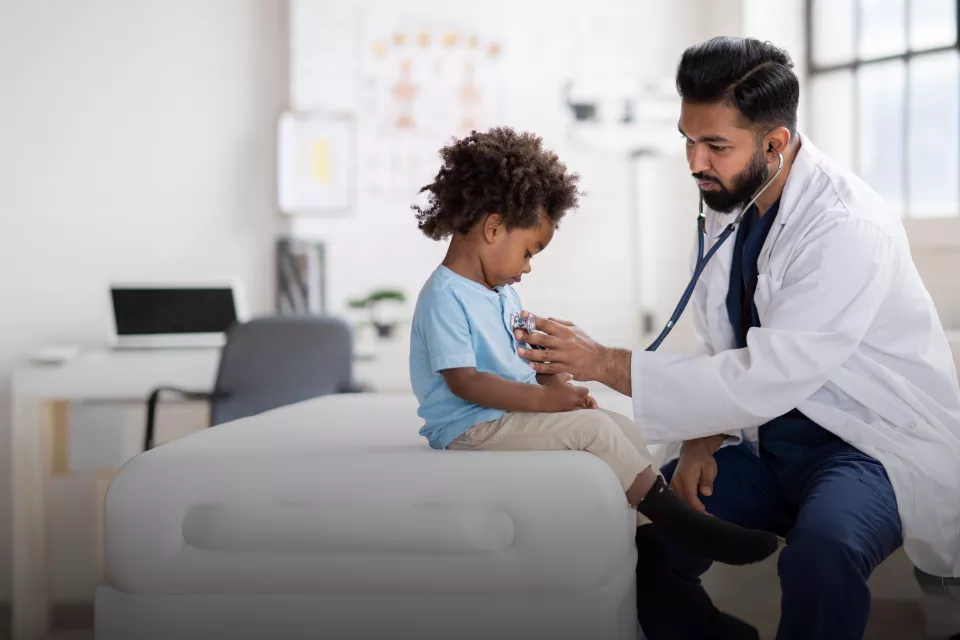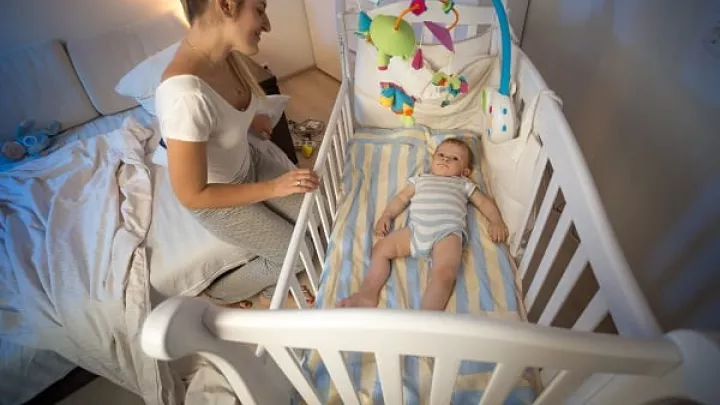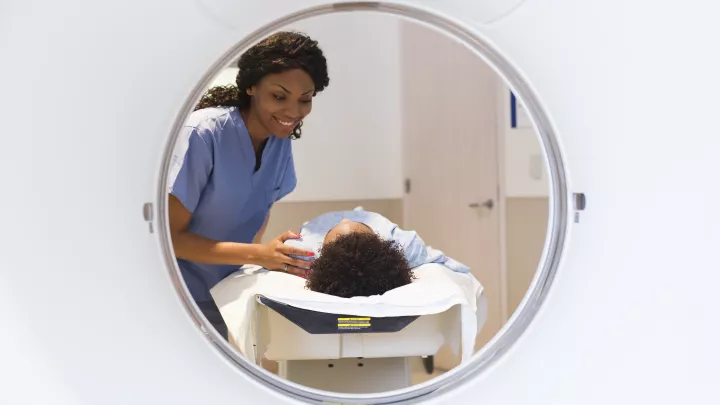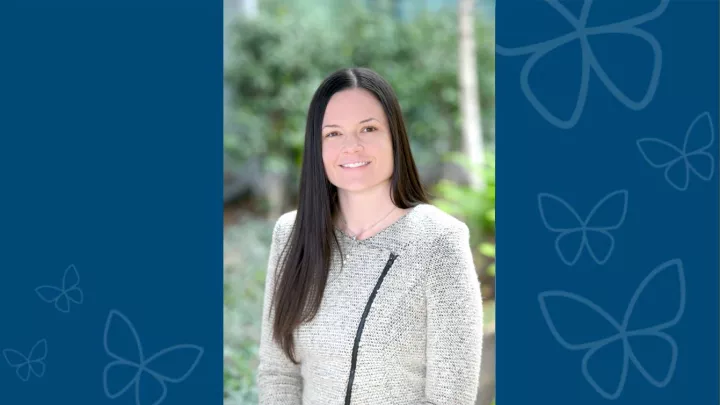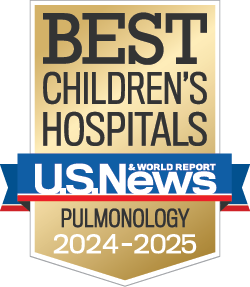
Children’s Hospital Los Angeles is one of the most experienced pediatric pulmonology and sleep medicine centers in the U.S. Our experts have provided world-class care for common and complex breathing and lung disorders in children since 1974. We were also one of the first in the country to establish a Sleep Center focused exclusively on helping children with sleep disorders.
Families from across the globe seek our team’s renowned pulmonology and sleep expertise. We offer leading-edge treatments and compassionate care to help your child breathe easier, sleep better and enjoy a full life.
Pediatric Pulmonology and Sleep Medicine: Why Choose Us
Children with breathing, lung and sleep disorders who come to CHLA benefit from:
- Specialized expertise: Many of our pulmonologists have advanced training and are Board-certified in sleep medicine. We take a team approach to care, partnering with other CHLA experts to manage all your child’s health care needs. Meet our team.
- Dedicated programs: We’re home to one of the largest, most comprehensive specialty pediatric pulmonology and sleep medicine programs in the country. Many of our programs hold accreditations or Center of Excellence designations, reflecting our expertise and high-level services. Explore our pulmonology and sleep medicine programs and services.
- Advanced diagnostic testing: We offer a full range of diagnostic tests, including radiology and imaging services. Depending on your child’s symptoms, testing may take place at our hospital, specialized clinics, Pulmonary Function Laboratory or Sleep Laboratory. See how we diagnose breathing, lung and sleep disorders in children.
- Leading-edge treatments: We offer the latest medication therapies and procedures for pediatric breathing, lung and sleep disorders. Your whole family also benefits from supportive services in nutrition, social work and more. See the breathing, lung and sleep disorders we treat.
- Research-based care: Our experts are active in global pediatric pulmonology and sleep medicine research, clinical trials and organizations. Your child may benefit from promising new therapies still under development. Learn more about our pulmonology and sleep medicine research.
Pulmonology and Sleep Medicine Programs and Services
We provide specialized care for all types of breathing, lung and sleep disorders. Our pulmonology and sleep medicine programs and services include:
- Aerodigestive Program
- Congenital Central Hypoventilation Syndrome (CCHS) and Diaphragm Pacing Program
- Cystic Fibrosis Care Center
- Home Mechanical Ventilation Program
- Infant Chronic Lung Disease Program
- Interstitial Lung Disease Program
- Sleep Center
Multidisciplinary Pulmonology and Sleep Medicine Care Team
Children with breathing, lung or sleep disorders often receive coordinated care from a team of experts from various medical specialties. In addition to pulmonologists, your child’s care team may include:
- Anesthesiologists
- Cardiologists (heart specialists)
- Gastroenterologists (digestion specialists)
- General pediatric surgeons
- Neurologists and neurosurgeons
- Otolaryngologists (ear, nose and throat specialists)
- Pain medicine specialists
Your child may also receive services from:
- Advanced practice providers
- Child Life specialists
- Clinical care coordinators
- Nurses and nurse care managers
- Physical and occupational therapists
- Psychologists
- Registered dietitian nutritionists (RDNs)
- Social workers
- Speech-language pathologists
National and Regional Recognitions
U.S. News & World Report has consistently named CHLA a top children’s hospital since starting its Best Children’s Hospitals program in 1990. We are:
- Among the best in the country for pediatric pulmonology
- One of the top 10 children’s hospitals in the nation
- No. 1 children’s hospital in California (tied)
- Magnet designated for outstanding nursing care
Pulmonology and Sleep Medicine Care at Children’s Hospital Los Angeles
Our pulmonology and sleep medicine team provides the support and guidance your family needs to help your child thrive. Discover our Pulmonology and Sleep Medicine patient and family resources.
Contact us
Pulmonology and sleep medicine experts at CHLA welcome new patients, referrals and second opinions. Please contact us:
- Phone: 323-361-2287
- Online: Make an appointment
- Second opinions: onlinesecondopinion@chla.usc.edu or visit Online Second Opinions
